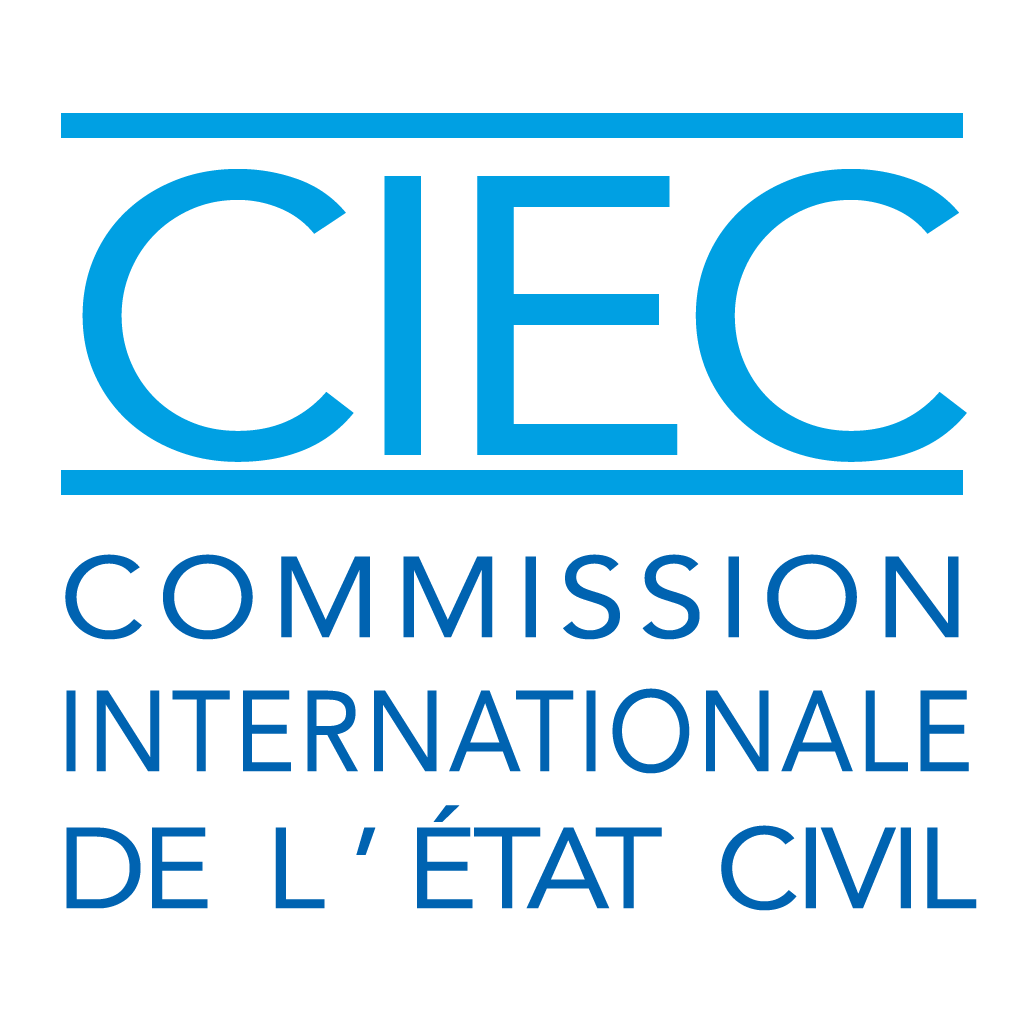
Recommendation (No.3) on the identification of refugees from South-East Asia
adopted in Munich on 3 September 1980
The General Assembly of the International Commission on Civil Status,
having regard to the special problems raised by the arrival in European States of a large number of refugees from South-East Asia,
considering it desirable to determine common principles for the identification of these refugees so that documents issued to them for this purpose after their reception may be taken into consideration in the largest possible number of States,
recommends the adoption of the following rules:
(a) if members of a family are dispersed in different countries, the member States of the International Commission on Civil Status shall endeavour, in the interests of reuniting the family, to communicate to each other all information facilitating the identification of these persons;
(b) if members of the same family of refugees bear different surnames, it is not indispensable to change those names and attribute a single surname;
(c) the Laotian terms "tao" and "nang" and their derivatives, and the Cambodian terms "sao" and "neang" and their derivatives, which correspond to "Mr" and "Mrs", must not be considered as forming part and must not be incorporated in the European transliteration of the surname;
(d) the Vietnamese terms "thi" and "van", indicating the sex of a person, must be considered as forming part of the forename;
(e) elements of identification determined in a host State which is a member of the International Commission on Civil Status should be recognised in the other member States unless and until the contrary is proved;
(b) if members of the same family of refugees bear different surnames, it is not indispensable to change those names and attribute a single surname;
(c) the Laotian terms "tao" and "nang" and their derivatives, and the Cambodian terms "sao" and "neang" and their derivatives, which correspond to "Mr" and "Mrs", must not be considered as forming part and must not be incorporated in the European transliteration of the surname;
(d) the Vietnamese terms "thi" and "van", indicating the sex of a person, must be considered as forming part of the forename;
(e) elements of identification determined in a host State which is a member of the International Commission on Civil Status should be recognised in the other member States unless and until the contrary is proved;
proposes in addition that when drawing up civil status records or documents relating to refugees from South-East Asia, the authorities in the various States concerned should consult each other directly or through the intermediary of the International Commission on Civil Status, in co-operation with the United Nations High Commissioner for Refugees, with a view to harmonising methods for preparing such records and documents, since such consultation is likely to contribute towards solving the problems encountered by the refugees and hence to facilitate their reception and acclimatisation.
Only the French original is authentic.